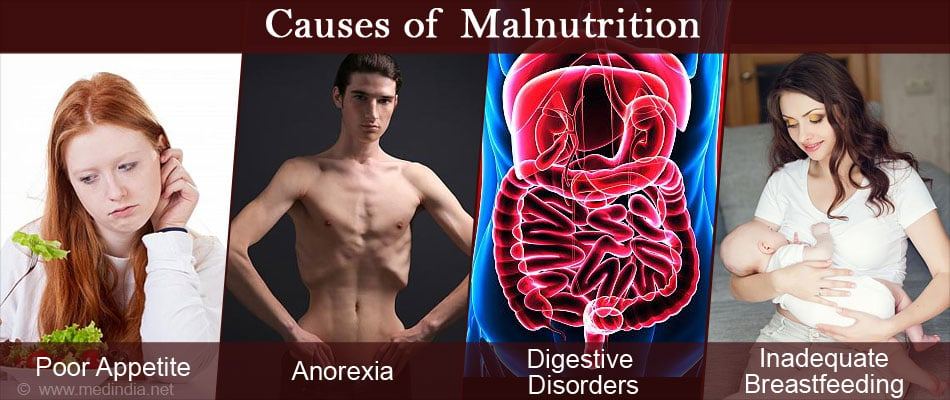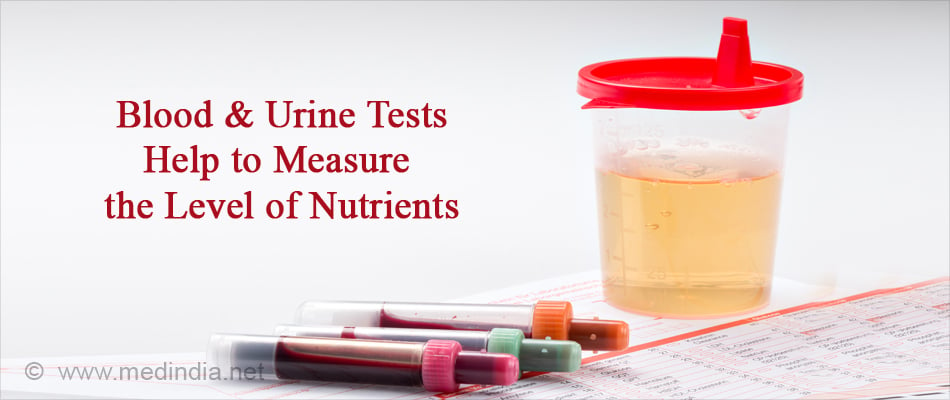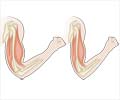- Undernutrition contributes to nearly half of all deaths in children under 5 and is widespread in Asia and Africa - (https://data.unicef.org/topic/nutrition/malnutrition/)
- Malnutrition - (https://medlineplus.gov/ency/article/000404.htm)
- What is malnutrition? - (http://www.who.int/features/qa/malnutrition/en/)
- 5 keys to a healthy diet - (http://www.who.int/nutrition/topics/5keys_healthydiet/en/)
- Nutrition and Malnutrition in India - (http://motherchildnutrition.org/india/)
What is Malnutrition?
The World Bank data estimates that India has one of the world’s highest demographics of children suffering from malnutrition. About 30-40% of the world’s malnourished children live in India where one-third of the Indian population is believed to be malnourished.
The alarming condition has become a public health concern and the Government of India is increasing food subsidies to tackle the situation. According to Nobel prize winner for economics Angus Deaton, malnutrition in India is not just related to calorie intake, but India’s dependence on a carbohydrate-based diet with low protein and fat diet.
Malnutrition is a serious condition that develops due to inadequate or imbalanced intake of vitamins, minerals and other nutrients needed to maintain health and organ function. Malnutrition can be under-nutrition or over-nutrition. Under nutrition is the consequence of consuming an inadequate amount of nutrients and calories needed for the overall development and growth of body while over-nutrition results from overeating or consuming nutrients in wrong proportions; for example, following a diet with excess fat but limited proteins and vitamins.
What are the Causes of Malnutrition?
Depending on the type of malnutrition, the related causes are as follows:
- Poor dietary intake
- Mental health problems such as depression or schizophrenia alter your mood and the desire to eat, leading to a poor appetite
- Alcoholism: Alcohol contains calories which in turn can reduce the patient’s desire to eat enough to supply the body with essential nutrients. Also, alcohol leads to damage to liver which is the storehouse of proteins and vitamins
- Eating disorders like anorexia and bulimia
- Protein energy malnutrition or PEM: the two types of PEM are described as -
- Kwashiorkor which occurs when there is not enough protein in the diet
- Marasmus which occurs when the diet is inadequate in both calories and protein
- Digestive disorders: Conditions that disturb your ability to digest food such as Crohn’s disease or ulcerative colitis
- Dementia is a brain disease that leads to a gradual decrease in the ability to think and remember and this affects a person’s daily functioning. Patients often forget to eat meals for hours together
- Lack of breastfeeding leads to malnutrition in infants and children
- Economic status: Those who are poor are at risk of under-nutrition; on the other hand, those who have high socio-economic status are more likely to be over-nourished

What are the Symptoms and Signs of Malnutrition?
Unintentional weight loss is considered as an initial sign of malnutrition. Signs and symptoms vary and depend on the causes. Following are the signs and symptoms of malnutrition.
- Losing 5-10% of total body weight without exercise
- Fatigue
- Dizziness
- Skinny or bloated
- Brittle or spooned nails
- Slow wound healing
- Skin may be pale, thick, dry and bruise easily
- Soft and tender bones
- Joint ache
- Visual disturbances
- Anemia
- Goiter (enlarged thyroid gland)
- Muscle twitches
- Loss of reflexes and lack of muscular coordination
- Scaling and cracking of the lips and mouth
- Malnourished children will be short and thin for their age and will have a weak immune system
How do you Diagnose Malnutrition?
Malnutrition can affect people of all age groups and both sexes equally, from infants to adults to the elderly. Overall appearance, behavior, and body-fat distribution are manifestations of malnutrition that can alert your family physician to check the condition.
- Blood and urine tests are done to measure the levels of vitamins, minerals, and other nutrients.

- Nutritional assessment is done and determined by:
- BMI (body mass index)
- Comparing weight to standardized charts
- At a later stage, X-rays are recommended to determine bone density and gastrointestinal disturbances.
- Psychiatric assessment to identify disorders like depression, Alzheimer’s, and anorexia nervosa that might be the cause for malnutrition.
How do you Treat Malnutrition?
Treatment of malnutrition usually comprises of replenishing the deficient nutrient store and treating the symptoms as needed.
The underlying problem needs to be treated first. For example if a psychological problem like anorexia or depression exists, that condition needs to be attended to along with a nutrient-rich diet and supplements to compensate for the missing nutrition. A balanced diet plan that will restore adequate nutrition needs to be formulated.
A person who is unable to eat and absorb nutrients taken by mouth due to swallowing problems (e.g. mouth cancer) needs to identify alternate methods to meet the nutritional requirements of the body.
- Parenteral nutrition is nutrition given intravenously directly into the blood in the form of a solution containing nutrients through a tube via a vein.
- Enteral nutrition involves a tube that is inserted into the digestive tract via which nutrient-rich solution is passed directly through for maximal absorption.

A diet rich in fat, protein and carbohydrates along with adequate portions of vitamins A, B, C, D, E, K and vital minerals like iron and calcium needs to be fed to the patient to replenish depleted stores in the body.
What are the Complications of Malnutrition?
An estimated 1.9 billion adults worldwide are overweight, 462 million are underweight. Forty one million children under the age of 5 years are overweight or obese, while 159 million are stunted and 50 million are wasted.
Common complications of malnutrition include a greater risk of developing infection, fatigue, weakness, bone ache, decreased bone strength and impaired functioning of heart, lung, and digestive tract. Persisting malnutrition can be life threatening.
Patients with semi-consciousness, diarrhea, and jaundice have low survival rates. Some children affected with PEM recover completely while others may have to survive with health problems like mental retardation, poor mental growth and development.
How do you Prevent Malnutrition?
- Eating a well balanced diet can prevent different types of malnutrition
- Breastfeeding a baby for six months is the best way to prevent early childhood malnutrition

- Consume foods low in fat and carbohydrates and high in protein
- Engage in moderate physical activity at least 4-5 times a week for 30 minutes
- Try to maintain the ideal weight for your height
Health tips
- Eat variety of food that includes staple food like cereals such as wheat, barley, maize or starchy tubers or roots, vegetables, fruits and food from animal sources.
- Eating unprocessed and fresh foods will help maintain the right amount of essential nutrients.
- Avoid processed, packed and preserved foods as far as possible to avoid high amounts of salt, sugar, and preservatives they contain.
- Ensure you take at least 5 portions of fresh fruits and vegetables each day.
- Take at least 8 glasses of water each day.















